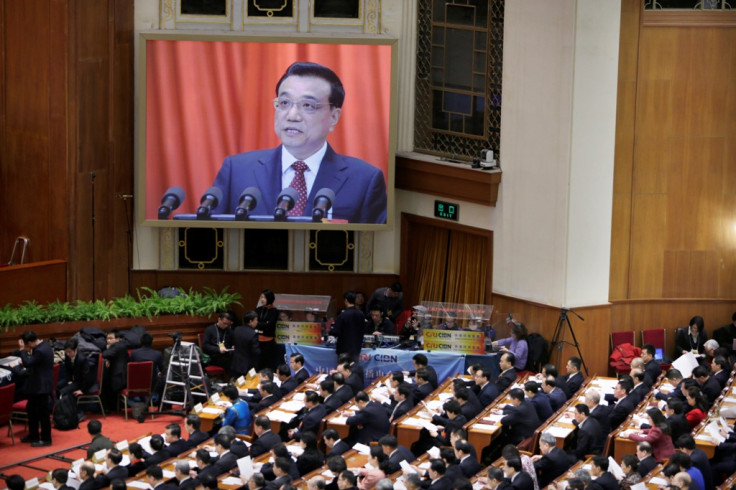China: Premier Li backs e-commerce expansion amid slowing growth

Chinese Premier Li Keqiang has said that his regime will back e-commerce development and guide international expansion by Chinese internet firms.
Li, addressing the opening of China's rubber-stamp parliamentary meeting in Beijing on 5 March, outlined China's "Internet Plus" strategy, which includes promoting cloud computing, online banking, mobile internet, along with logistics to aid e-commerce expansion.
He also stressed the need for more state investment in the internet sector.
Both Li and the National Development and Reform Commision (NDRC), in a separate annual report, stressed the need to boost the technology industry, Reuters reported.
That call comes against a backdrop of slowing economic growth in the world's second largest economy, which is attempting to transition into a consumption-based economy from its heavy addiction to manufacturing.
The Communist regime will target growth of around 7% this year, implying the lowest rate of expansion in 25 years.
Beneficiaries
Li's comments will benefit the Alibaba Group, the world's largest e-commerce player, which is already investing in internet finance and cloud computing.
Alibaba's biggest rival, Beijing-based JD.com, has seen transactions more than treble on its online marketplace.
Other firms likely to benefit include online search giant Baidu and social networking and entertainment major Tencent Holding. Both run internet finance operations and are expanding outside their home market.
State-backed shipping and logistics firms China Cosco, China Shipping Container Lines and Sinotrans, and delivery firms YTO Express and SF Express could also benefit.
Li, speaking at the annual session of the National People's Congress (NPC), said: "In addition to the 40bn yuan (£4.19bn, €5.78bn, $6.38bn) government fund already in place for investment in China's emerging industries, more funds need to be raised for promoting business development and innovation."
© Copyright IBTimes 2024. All rights reserved.






